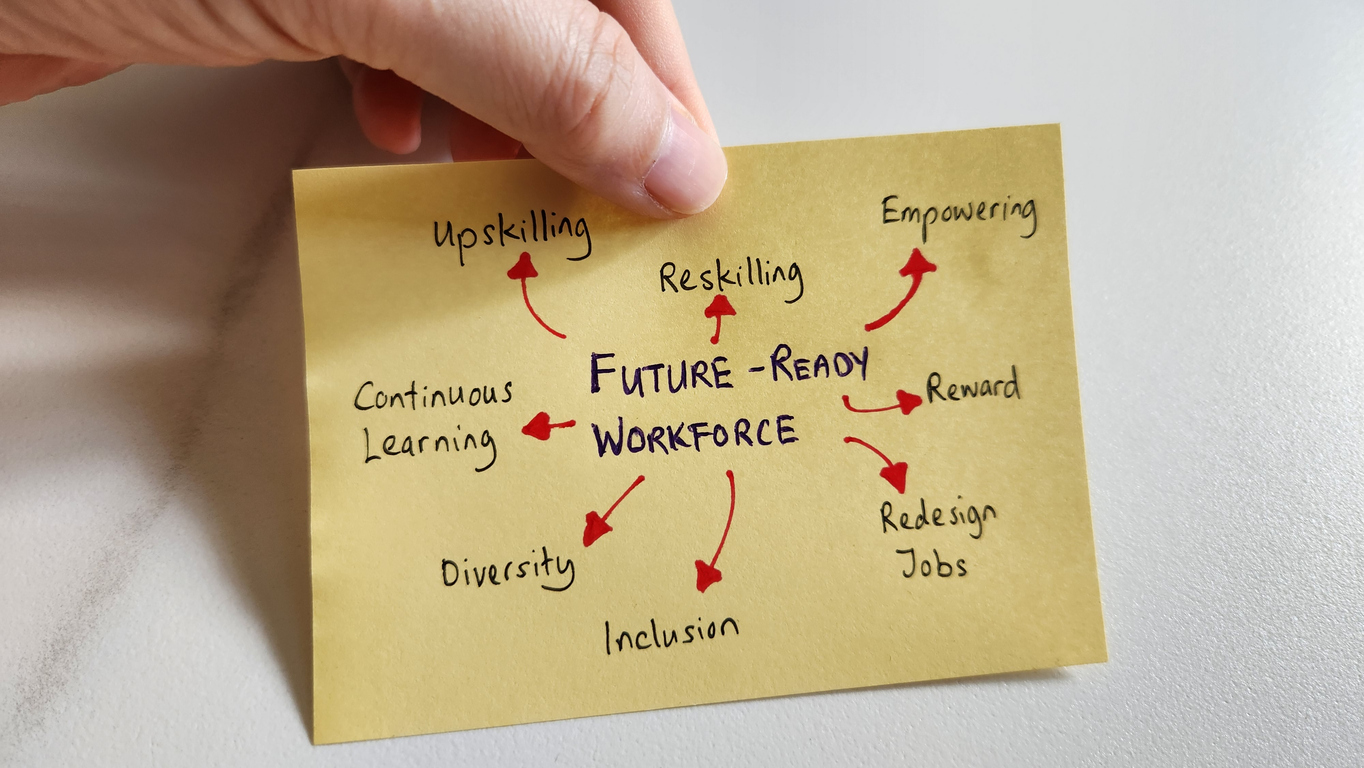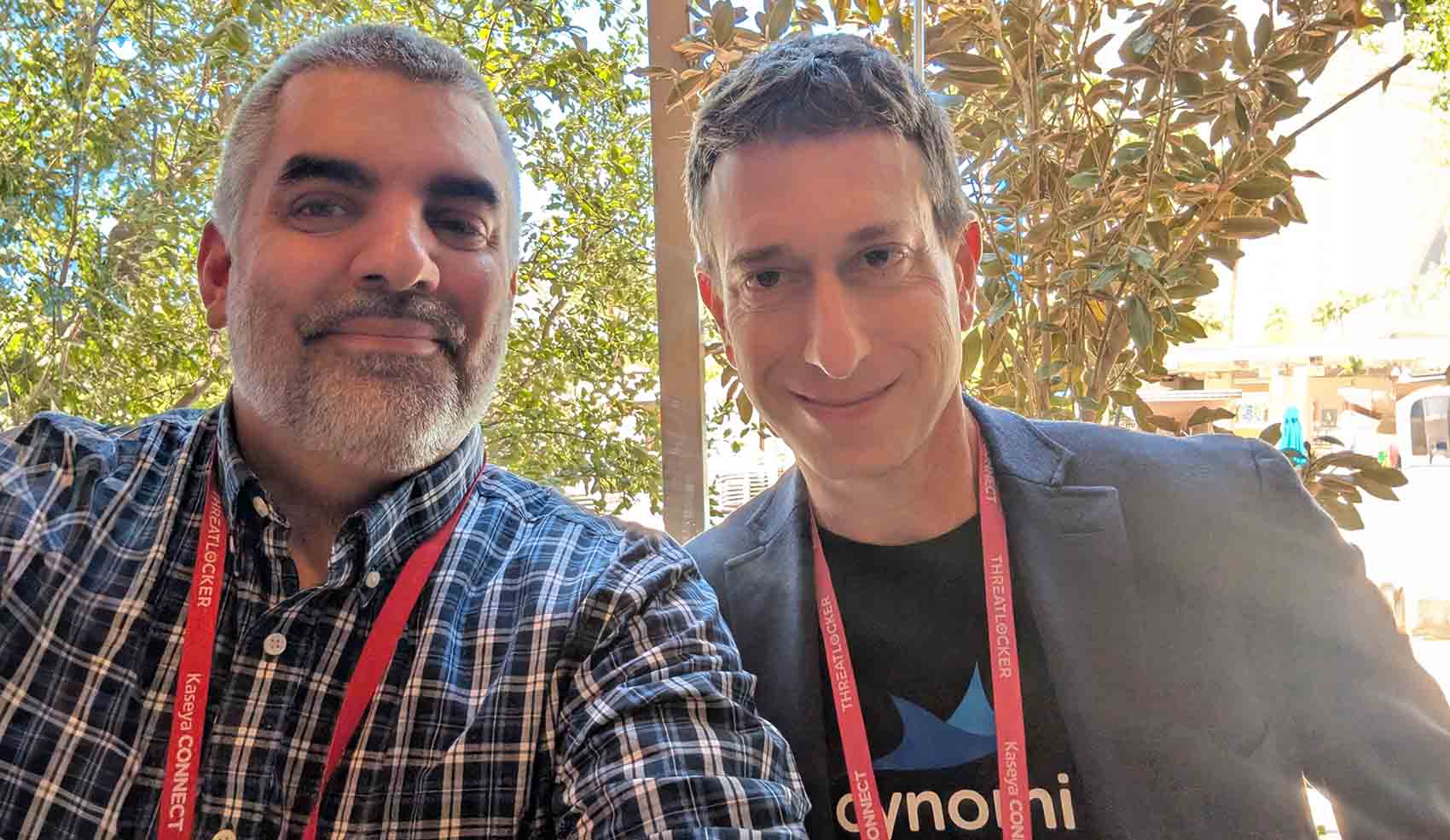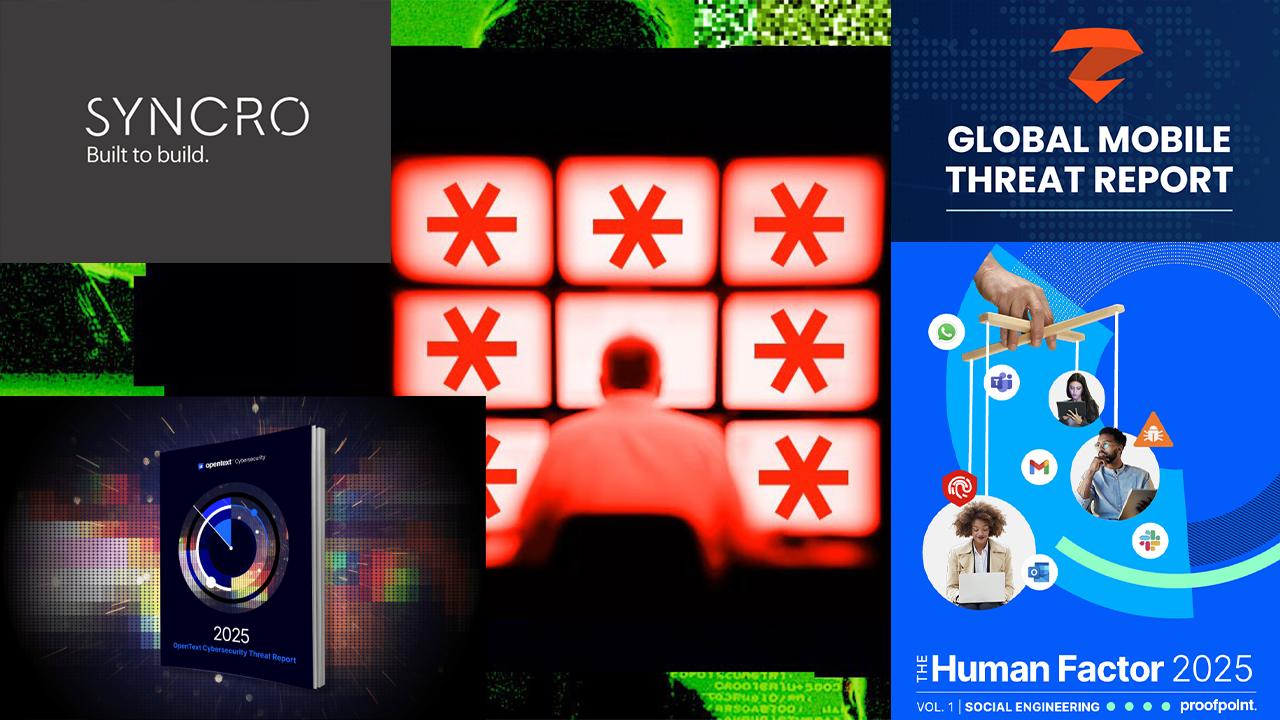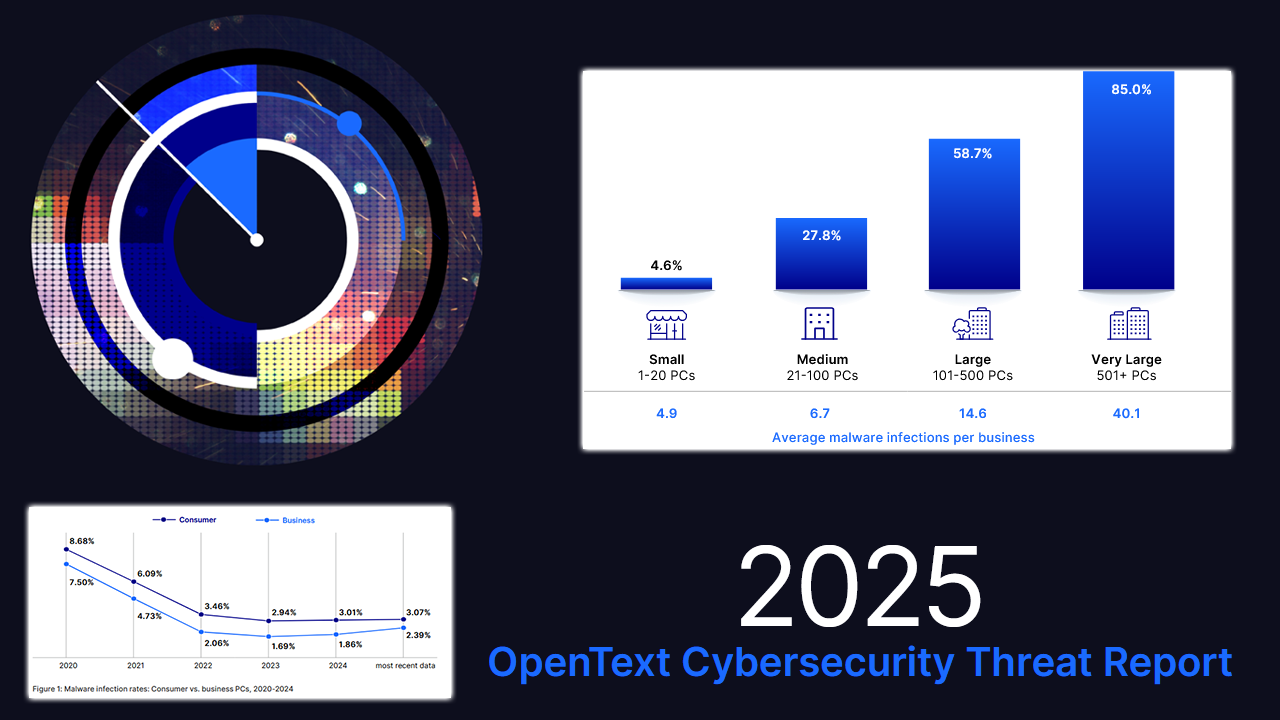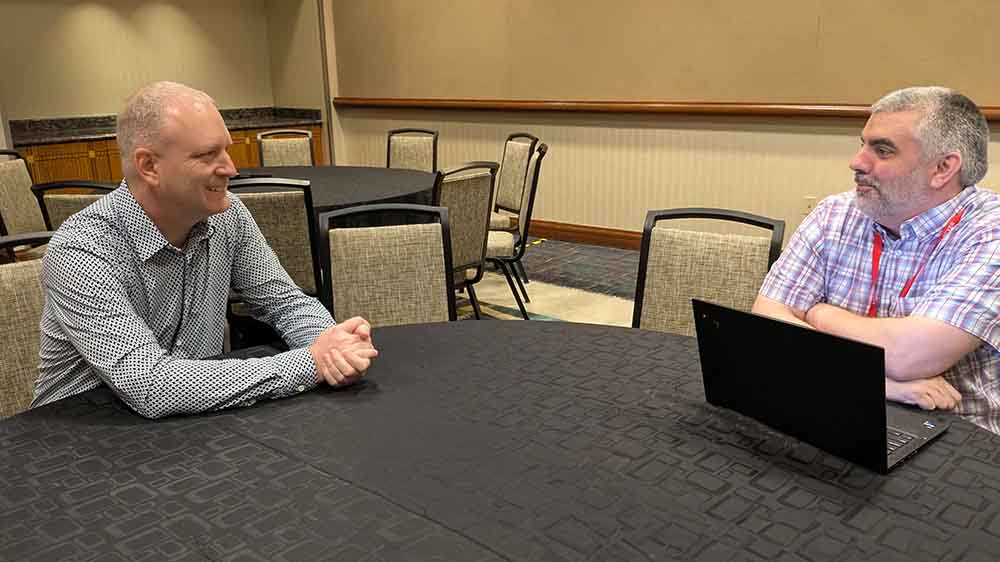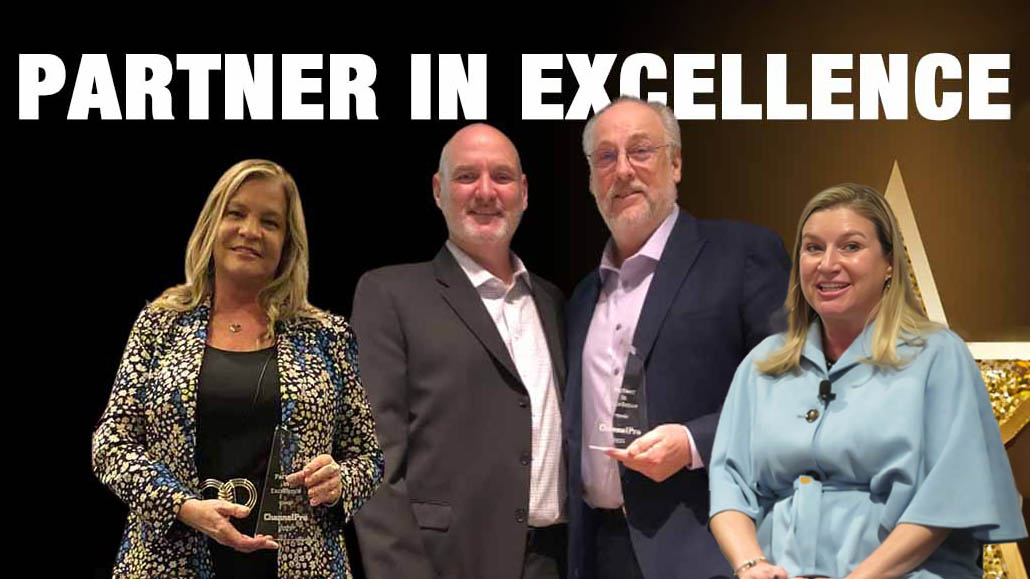Emerging technologies like cloud and AI are changing the IT industry so quickly that even the most seasoned professionals can’t keep up. A traditional approach to workforce development won’t suffice for MSPs if they want to stay competitive and ahead of the curve.
Today, a future-ready IT workforce is essential. MSPs must adapt or risk obsolescence. Such a workforce is agile and flexible enough to meet not only today’s challenges but also those of tomorrow. However, it requires understanding the current talent gap, the security landscape, and how to create a work culture that addresses both.
The Talent Gap Persists
Newer and emerging technologies like AI and the cloud are rapidly transforming the IT industry. But bad actors are opportunistic, so new security threats are emerging, too.
This means that MSPs must have a strong security posture. Clients have a right to expect their MSP to protect their data. Failure on this front can result in massive data breaches, not to mention loss of trust.
There’s a lot of talent available in the IT world. However, there’s still a perceived skills gap in the MSP space. Much of this space is focused on tooling, whether the shiny new cybersecurity or the next big automation tool. There’s a lot of focus on adopting and using the latest tools without genuinely understanding clients’ needs or the emerging security challenges. Along with having a solid grasp of IT basics, keeping up with the latest tech skills is challenging.
IT decision-makers are more likely to look internally at existing talent rather than to external teams. This means the onus is on MSPs to make themselves competitive by leveling up the talent and skills they can offer. A survey by Skillsoft found that only 16% of IT decision-makers plan to rely more on third parties for support despite ongoing skills shortages.
Key Elements of a Future-ready Workforce
Investing in a future-ready workforce will ensure that MSPs can be competitive, agile, and capable of meeting tomorrow’s challenges. But what does this entail?
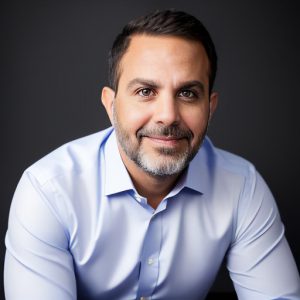
Mikey Pruitt
A future-ready workforce comprises people who are up to date on the latest and greatest skills while continuously learning and training. It’s more than just throwing new technology at problems; it’s understanding the why and how behind those problems.
Creating such a workforce requires several elements. Notably, you must establish a culture of learning and development. Here are some ways you can do this:
- Certifications: Leaders should encourage their teams to pursue certifications in areas such as cybersecurity, cloud services, and automation. For MSPs, this includes OSCP and OSEP, Red Team Expert and penetration testing certifications from reputable organizations such as CompTIA, OffSec, and the EC-Council.
- Incentivize Learning: By covering costs, providing paid time off for study, or even allowing employees to learn during working hours, you can encourage your workforce to prioritize upskilling. MSPs can implement a structured learning path within the organization to help employees with their professional development and career trajectory.
- Robust Training and Mentorship: Veteran IT staff can be matched with newer, less experienced team members. This tactic speeds learning and strengthens team unity. Creating and nurturing a culture of knowledge sharing enables expertise to be handed down and constantly developed.
Beyond the learning culture, MSPs should look for a balance of “soft” and technical skills when hiring. Soft skills are often overlooked in technical fields, but the ability to collaborate, problem-solve, and communicate clearly is critical to building a team that will evolve and adapt over time. This mix of skills will be the winning combination that best serves clients.
Ready for the Future
The IT industry is transforming so fast that even the most experienced IT professionals need help staying abreast of changes and challenges. If workforce development is the status quo, less-experienced IT staffers will have even less of a chance to become who they need to be for today’s MSP clients. Organizations must build a future-ready IT workforce that is adaptable and flexible as needs and demands change. Otherwise, MSPs risk obsolescence.
MSPs need to encourage and offer education and ongoing training opportunities. Certifications and mentorships empower staff to understand and overcome challenges. This path will enable MSPs to have the skilled employees needed to tackle today’s issues and whatever the future holds.
Mikey Pruitt is an MSP evangelist at DNSFilter.
Featured image: iStock




